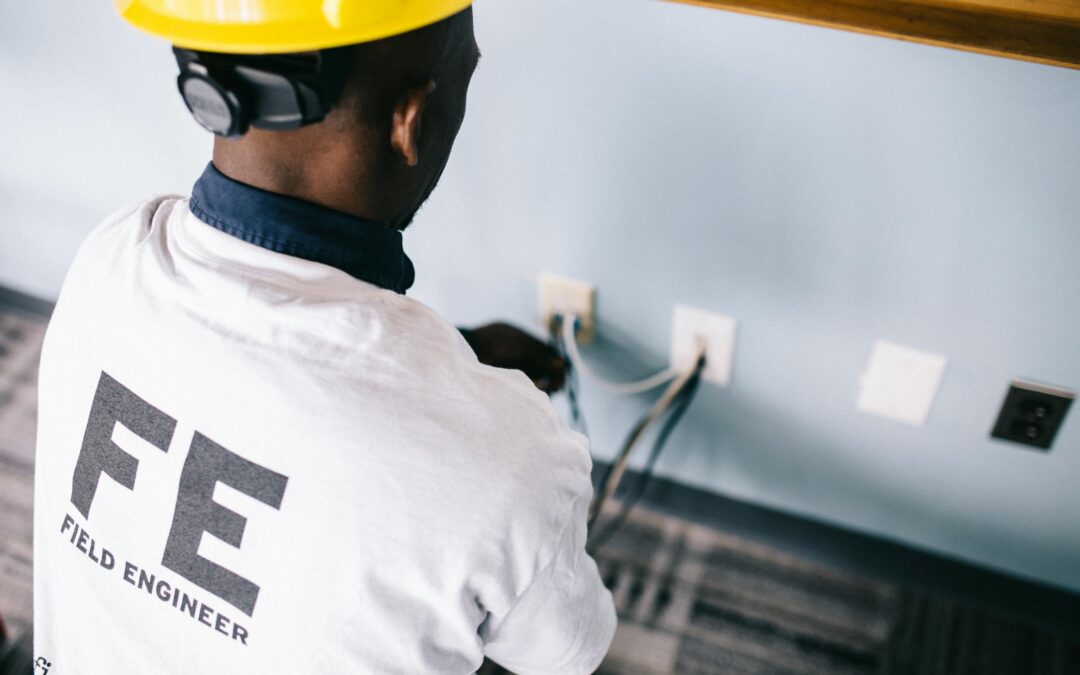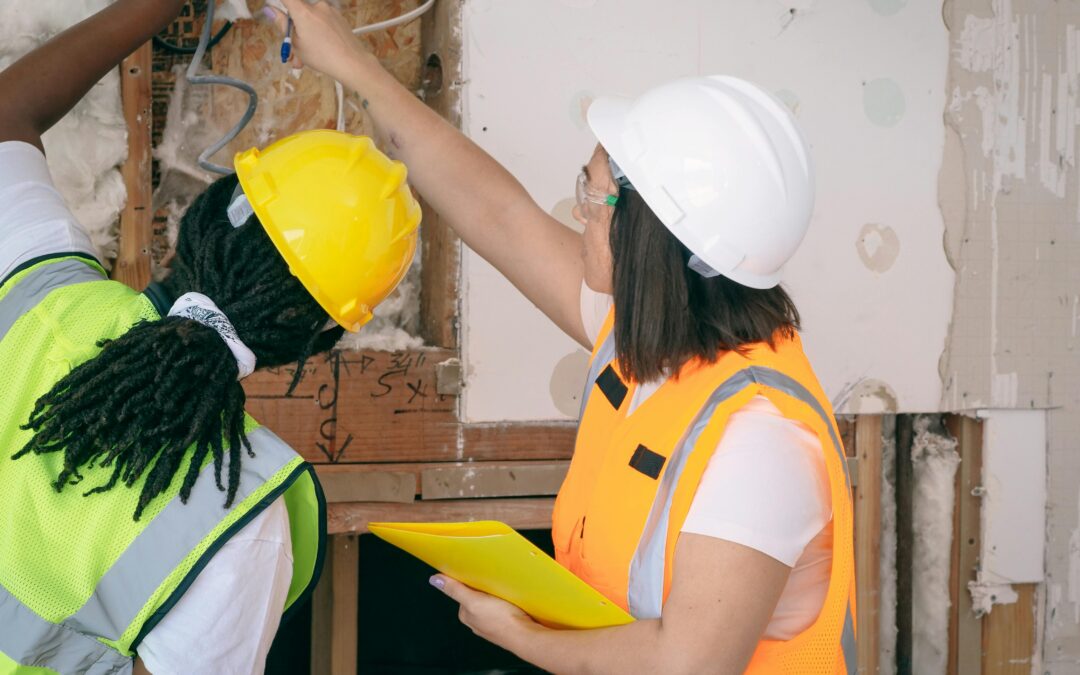In the industrial construction and petrochemical sectors, compliance isn’t optional—it’s a necessity. Whether you’re overseeing refinery turnarounds, chemical plant expansions, or ongoing maintenance projects, having certified inspectors on your team is critical for ensuring safety, quality, and regulatory compliance. That’s where pipe inspector staffing comes into play, particularly when dealing with highly regulated certifications such as API 570, API 510, and API 653.
This article will guide you through the process of staffing qualified inspectors for these API codes, the challenges many companies face, and how a staffing and recruiting partner like Industrial Construction Services can help streamline the process.
Understanding API Compliance Standards
What is API 570?
API 570 governs the inspection, repair, alteration, and rerating of in-service piping systems. Certified API 570 inspectors ensure piping integrity and compliance with safety codes.
What is API 510?
API 510 applies to the inspection of pressure vessels, ensuring that tanks and vessels operating under pressure meet strict quality and safety requirements.
What is API 653?
API 653 relates to the inspection, repair, alteration, and reconstruction of aboveground storage tanks (ASTs). Inspectors certified in API 653 are essential for maintaining environmental safety and preventing costly leaks.
Together, these certifications ensure that your facility meets federal regulations, protects workers, and minimizes downtime.
Why Proper Pipe Inspector Staffing Matters
1. Safety First
Incorrect or incomplete inspections can lead to catastrophic failures. Certified API inspectors prevent hazards before they happen.
2. Compliance with Regulations
Failing an audit or inspection can result in hefty fines, project shutdowns, and reputational damage.
3. Cost Efficiency
Hiring qualified inspectors reduces rework, ensures efficiency, and prevents costly downtime.
4. Project Continuity
With the right staffing partner, you can maintain a pipeline of available inspectors, preventing bottlenecks in project scheduling.
Challenges in Hiring API-Certified Inspectors
Finding skilled talent is often harder than it sounds.
- Talent Shortages – API-certified inspectors are in high demand and short supply.
- Geographic Limitations – Many projects are in remote locations, making recruiting even harder.
- Certification Verification – Ensuring that inspectors truly hold valid API certifications is critical.
- Turnaround Projects – Short timelines and urgent needs make it difficult for in-house teams to staff efficiently.
The Role of Staffing Agencies in Pipe Inspector Staffing
Partnering with a staffing and recruiting firm like Industrial Construction Services offers significant advantages:
- Access to Pre-Screened Talent – Certified inspectors with verified API credentials.
- Scalability – Ramp staffing up or down depending on project needs.
- Speed of Deployment – Quickly mobilize inspectors for urgent projects.
- Compliance Assurance – Reduce risk by ensuring all inspectors meet regulatory requirements.
Best Practices for Staffing API Inspectors
1. Define Project Requirements
- Identify whether you need API 570, API 510, or API 653 inspectors.
- Clarify project timelines, scope, and compliance needs.
2. Verify Credentials
Always check certification status through the American Petroleum Institute (API) directory.
3. Prioritize Experience
Inspectors with field experience in refineries, chemical plants, or storage facilities bring added value.
4. Ensure Cultural Fit
Inspectors often work alongside multi-disciplinary teams. Strong communication skills are just as important as technical expertise.
5. Work with a Staffing Partner
Industrial Construction Services specializes in pipe inspector staffing, reducing the guesswork and risks of hiring.
How Industrial Construction Services Helps
At Industrial Construction Services, we understand the complexity of staffing for API compliance. Our process includes:
- Talent Pool Access – We maintain a robust database of API-certified inspectors nationwide.
- Rigorous Screening – Every candidate’s certifications, experience, and safety records are thoroughly vetted.
- Flexible Solutions – From short-term turnaround projects to long-term maintenance contracts.
- End-to-End Support – We handle recruitment, onboarding, scheduling, and workforce management so you can focus on operations.
Industries That Rely on API Inspectors
Pipe inspector staffing is critical across multiple sectors:
- Oil & Gas Refineries
- Petrochemical Plants
- Power Generation Facilities
- Chemical Manufacturing Plants
- Tank Farms and Storage Terminals
Each industry faces unique challenges, but all require strict adherence to API 570, API 510, and API 653 standards.
Key Qualities to Look for in API Inspectors
When staffing inspectors, prioritize individuals with:
- Valid API certification(s)
- Strong technical knowledge of codes and standards
- Proven history in industrial construction or inspection services
- Commitment to safety and compliance
- Ability to work in high-pressure environments
The ROI of Proper Pipe Inspector Staffing
Hiring correctly the first time pays off. With a skilled API-certified inspector team, companies benefit from:
- Fewer compliance violations
- Increased operational uptime
- Better quality control
- Stronger safety culture
- Reduced long-term costs
FAQs About Pipe Inspector Staffing
1. What does a pipe inspector do?
A pipe inspector evaluates piping systems to ensure compliance with API 570 standards, identifying risks and recommending repairs.
2. What’s the difference between API 570, API 510, and API 653?
- API 570 – Covers in-service piping inspections.
- API 510 – Covers pressure vessel inspections.
- API 653 – Covers aboveground storage tank inspections.
3. How do I verify an inspector’s certification?
Inspectors should be listed in the API’s online certification directory, which allows verification of active credentials.
4. Why should I use a staffing agency for API inspectors?
Staffing agencies provide pre-vetted, certified talent and reduce hiring risks while saving time.
5. How quickly can inspectors be placed on a project?
With a staffing partner, inspectors can often be mobilized within days, depending on project requirements.
6. Can one inspector hold multiple API certifications?
Yes, many inspectors are cross-certified in API 570, API 510, and API 653, making them more versatile for large projects.
Conclusion
Staffing for API 570, API 510, and API 653 compliance isn’t just about filling roles—it’s about ensuring safety, efficiency, and regulatory adherence. The stakes are high, and the right inspectors make all the difference.
By partnering with a staffing and recruiting agency like Industrial Construction Services, you gain access to a pool of pre-certified, highly skilled inspectors who can be deployed quickly and efficiently. From reducing hiring risks to ensuring long-term compliance, the right pipe inspector staffing strategy sets your project up for success.


